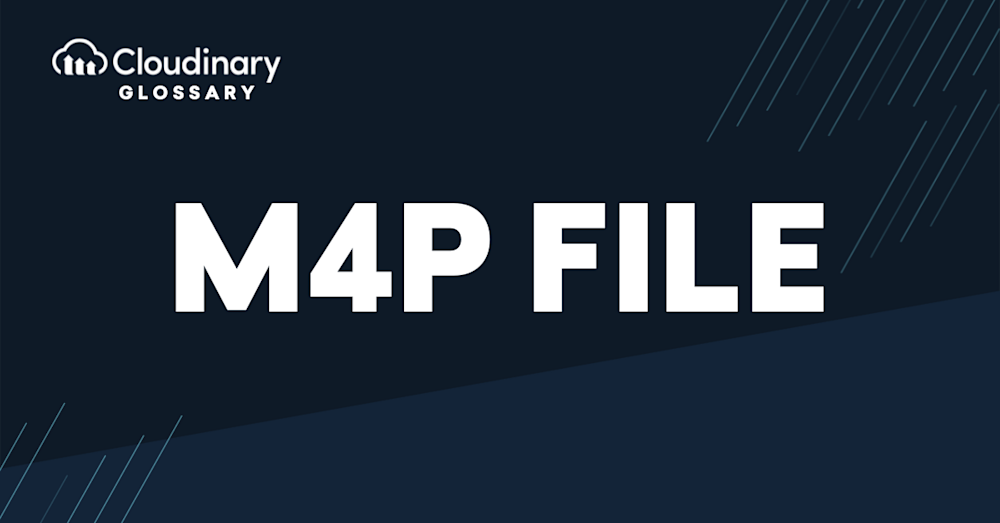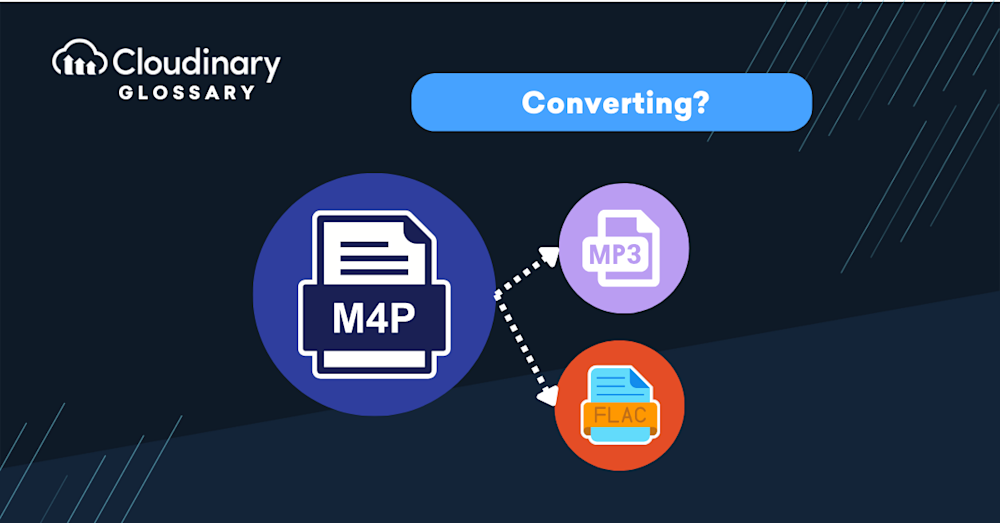What is the M4P File Format?
The M4P file format is a digital audio format that stands for “MPEG-4 Protected.” Developed by Apple Inc., it’s specifically designed as an encrypted version of the more widely known MPEG-4 audio format (.m4a). The primary purpose of the M4P format is to implement Digital Rights Management (DRM) protection to secure copyrighted content from unauthorized distribution.
To give you a bit more context, M4P files are mainly found in Apple’s iTunes Store, where music, audiobooks, and other audio content can be purchased. This DRM-protected format ensures that purchased content is accessible only on a limited number of authorized devices, such as iPhones, iPads, and other Apple devices linked to your Apple account. Despite the restrictions, the M4P file format supports high-quality audio in a compact file size, making it suitable for downloading and streaming without compromising sound quality or storage space.
Why Were M4P Files Created?
M4P files were developed to protect digital audio content from unauthorized distribution and piracy. They incorporated digital rights management (DRM) technology to restrict usage and distribution, ensuring artists and rights holders received compensation for their work.
Opening an M4P File
Originally associated with Apple’s iTunes Store, opening M4P files required compatible software or devices. However, modern media players like VLC Media Player now support M4P files without additional plugins or modifications, making access easier across platforms and devices.
Converting an M4P File
To convert an M4P file, you have a few options:
- DRM Removal Tools: Software like TuneFab Apple Music Converter allows you to convert M4P files to formats like MP3 or FLAC, making them playable on any device or media player.
- Burning and Ripping: Burning the M4P file onto a CD using iTunes and then ripping it back into an unprotected format like MP3 bypasses DRM protection.
- Subscription Services: Active subscriptions to music streaming services like Apple Music or Spotify provide legal access to tracks without relying on M4P files.
Conclusion
M4P files were once associated with DRM-protected music, but their relevance has diminished as the industry embraces DRM-free formats. Opening and converting M4P files has become easier with modern media players and DRM removal tools. As technology evolves, platforms like Cloudinary offer secure and efficient solutions for managing and distributing digital content, benefiting creators and consumers alike.




